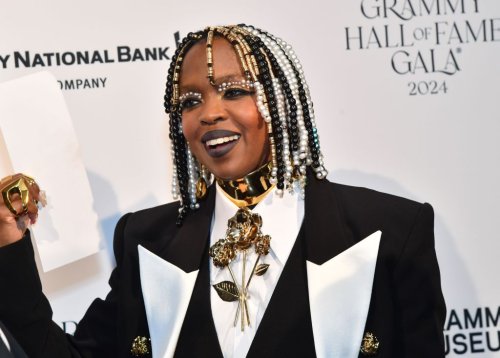So you got the degree — now what? The ’future of work’ just changed the playbook.
If you’re a post-2020 grad, pull up a chair. Because the narrative that college = career success is getting a serious rewrite. At a recent fireside chat, Ryan Roslansky (CEO of LinkedIn) dropped this bit of hard truth: “The future of work belongs not to the people with the fanciest degrees … but to the [...]

If you’re a post-2020 grad, pull up a chair. Because the narrative that college = career success is getting a serious rewrite. At a recent fireside chat, Ryan Roslansky (CEO of LinkedIn) dropped this bit of hard truth:
“The future of work belongs not to the people with the fanciest degrees … but to the people who are adaptable, forward-thinking, ready to learn, and ready to embrace these tools.”
Let that sink in. A diploma? Not the golden ticket anymore.
Instead:
-
Being agile rather than locked into a major.
-
Having a hunger to learn (especially new tech like AI).
-
Being comfortable in change, uncertainty, new tools.
-
Showing human-skills (empathy, communication) after machines take over the rote stuff.
For Black American culture and Black/Brown communities, the implications are profound. Many of our youth (and their families) were sold the “college dream” as THE path — often at great financial cost. Student debt. Late 20s entering the workforce. The expectation of stability, prestige, white-collar work. Now: the game is shifting. If your tools are outdated, the field is getting smaller.
A recent article in Fortune magazine cites some of the world’s most successful leaders have already made it without ever receiving a college diploma—and they also happen to be in tech. Meta mogul Mark Zuckerberg, OpenAI’s Sam Altman, or Block and Twitter cofounder Jack Dorsey to name a few. In an increasingly tech-centered business landscape, LinkedIn’s CEO isn’t the only one questioning the worth of college degrees. The leader of $40 billion bank Standard Chartered, Bill Winters, recently admitted that his MBA was a “waste of time.” The CEO said the skills he learned at Wharton have “degraded, degraded, and degraded” over time as AI has majorly impacted the relevance of skills.
These revelations are new to some, but a totally foreign concept to many, often first generation graduates. Grappling with the fact that you were sold costly lies — again, is utterly painful. It’s not clear that these mistruths were intentional, it is clear that they were definitely poor calculations.
So what do we do? Here are four real-world moves:
-
Rethink credentials. Doesn’t mean ditch the degree if you’re already in it — but don’t treat it as the endgame. Stack micro-skills, certifications, bootcamps, experience.
-
Lean into tech-adjacent tools. AI literacy, data fluency — even if your job isn’t “tech,” you’ll win when you can move fast with new tech.
-
Don’t sleep on human skills. While machines learn, humans connect. Being able to lead, communicate, pivot, empathize: still rare; still premium.
-
Shift mindset: career as constant motion. These jobs we once assumed “for life” won’t exist like that. Build your “portfolio self” — multiple streams, side hustles, projects.
Bottom line: If you’re a Gen Z grad (or nearly there), or you’re advising a younger sibling/niece/nephew, the message needs updating. The degree was important — still can be — but it’s not enough by itself. The future of work isn’t just about what you did; it’s about how you do what you do, what you adopt, and how fast you learn. And for our community? We’ve always had to do more with less — this is a moment to pivot, reframe, and reclaim advantage.
As per usual, we all we got.
Share
What's Your Reaction?
 Like
0
Like
0
 Dislike
0
Dislike
0
 Love
0
Love
0
 Funny
0
Funny
0
 Angry
0
Angry
0
 Sad
0
Sad
0
 Wow
0
Wow
0















